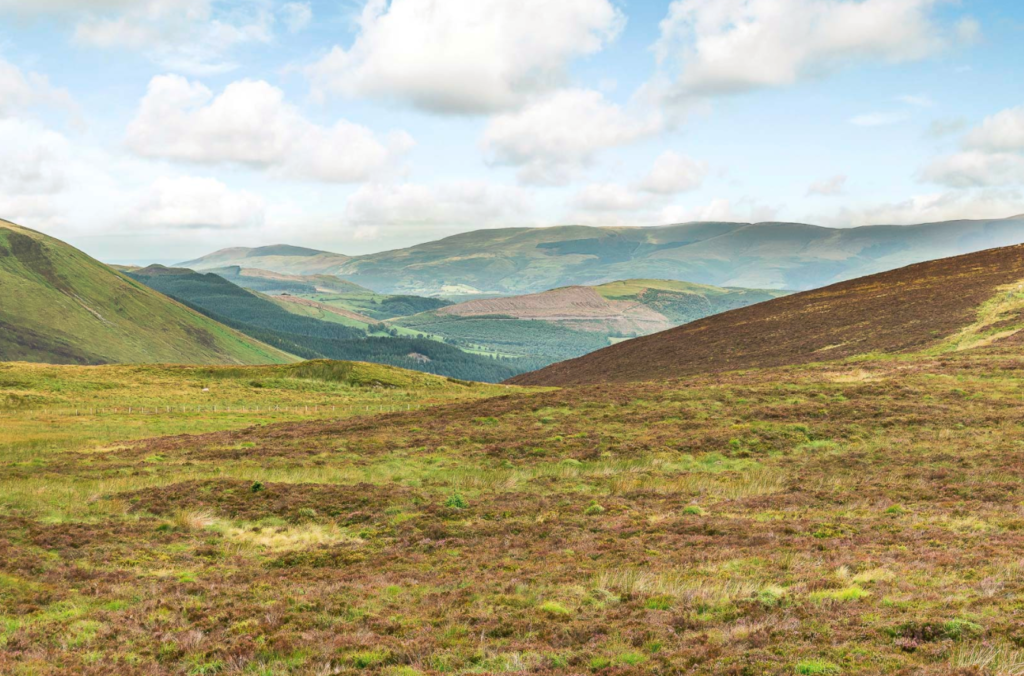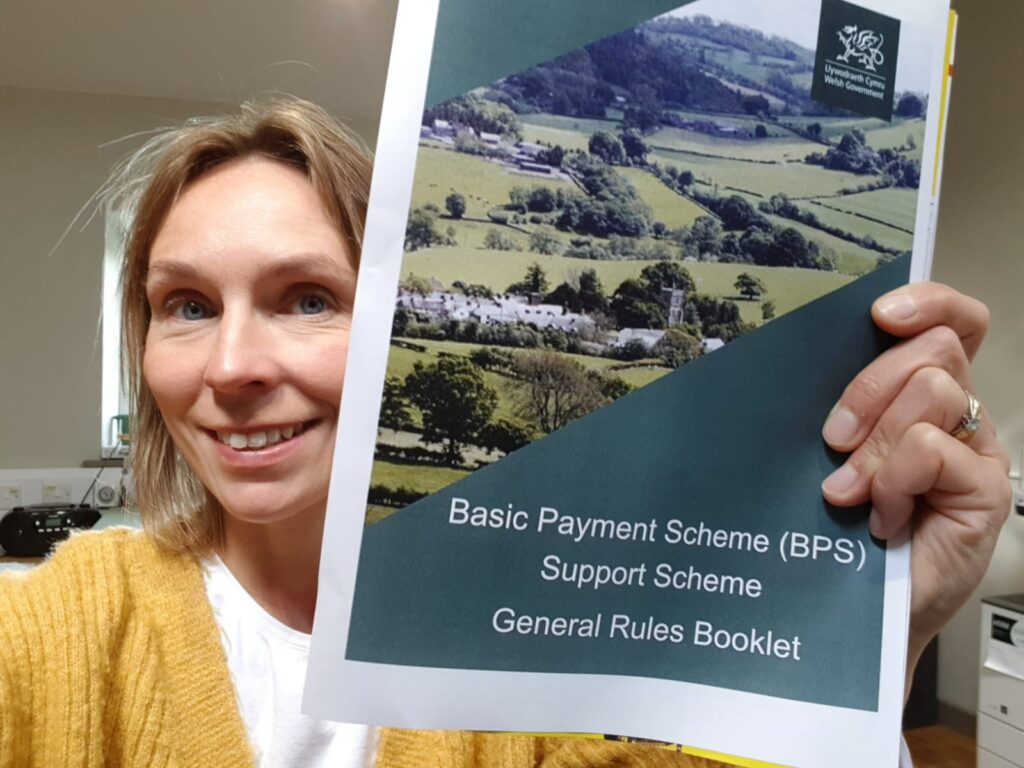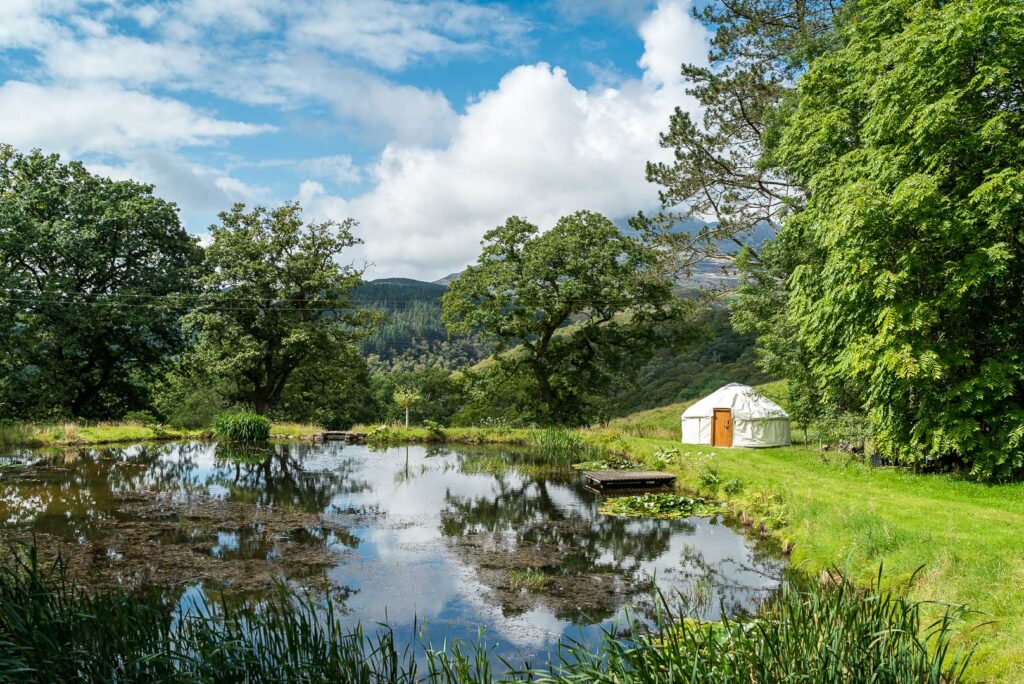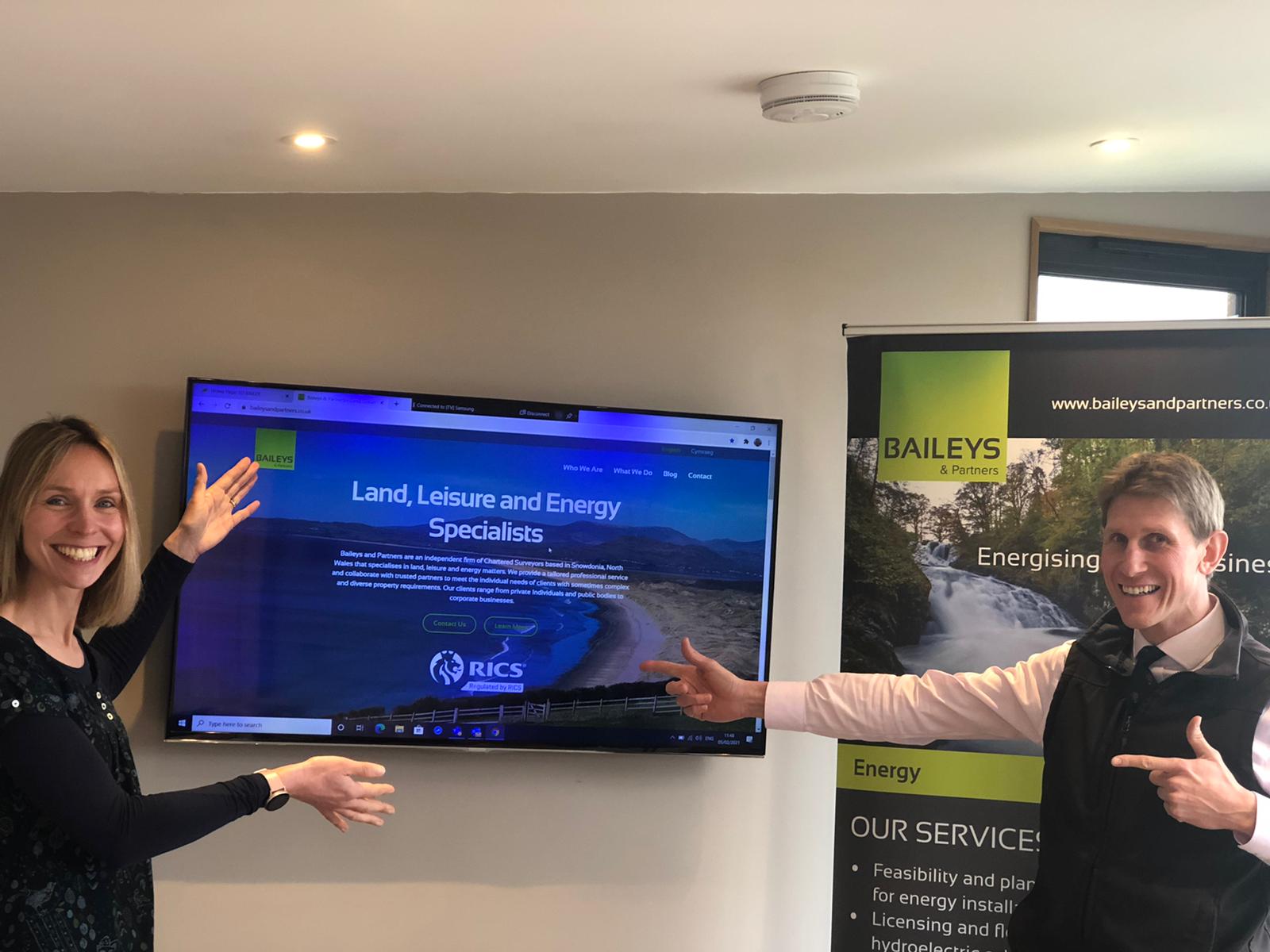From our offices near Harlech on the West Coast of Wales, we are sheltering from the heavy rain which is passing across us today. With climate and weather becoming more erratic and unseasonable perhaps it is not surprising that the UK Government is placing greater emphasis on environmental support.
Today’s ‘Green Brexit’ announcement by the Secretary of State for Environment, Food and Rural Affairs Michael Gove will be welcomed by some sectors but viewed with caution by others. The future for rural Wales is looking uncertain: change is most definitely coming and now is the time for farmers, landowners and advisers to plan for the future, whatever that may look like.
Gove announced that future farm subsidies will be assessed on environmental and public benefits the land brings, rather than simply how much land is owned. He said that farmers should get money based on how well they protect the environment and how well they enhance rural life.
A greater emphasis on the environment may bring benefits to the rural land market, and there’s clear potential benefits for sites such as the Bugeilyn Moor Estate which forms part of the Pumlumon Site of Scientific Interest.
The added environmental value that a land manager could deliver at Bugeilyn could bring additional estate income and potentially capital value. Emerging markets for ecosystem service payments are likely to develop as the traditional subsidy system is radically changed post Brexit.
With subsidy levels only assured at their current £3bn EU-funded level until 2022, it’s imperative that farmers and land managers start to consider where their income will come from after that date. Traditional subsidies have been a ‘one size fits all’ approach, whereas the future will demand a more farmer-focused approach, adapting what support and income is available to individual land holdings and farms.
Baileys and Partners cover a wide area of work including valuation work, development and planning work, landlord and tenant matters, project management and other licensing and consent work. What are the opportunities or potential of your farm or estate? Can our expert rural team support you with any energy, leisure, rural or utility work that could generate a future income stream?
Alternative means of financial support are available. By October 2017, a new ‘Development Bank of Wales’ will be set up and running from headquarters in Wrexham. Its mission is to unlock potential in the economy of Wales by increasing the provision of sustainable, effective finance for Welsh businesses. Funding and support for farmers and landowners is needed to ensure sufficient capital is invested into this new era of rural land management, and it is hoped this bank will add to the support farmers currently receive from existing banks.
Other EU funding sources such as the sustainable land management scheme Glastir and the Sustainable Management Grant are still in place with various application windows open, or due to open again soon. The published schemes are for the period 2014-2020. Baileys and Partners can help with strategic business planning, ensuring that income streams fit within farm and estate business plans.
There are many conversations to be had, many themes, ideas and potential income streams to be discussed. We’ll be at the Royal Welsh Show and Nantwich Show, and we’d be delighted to discuss what Green Brexit might mean to you.







